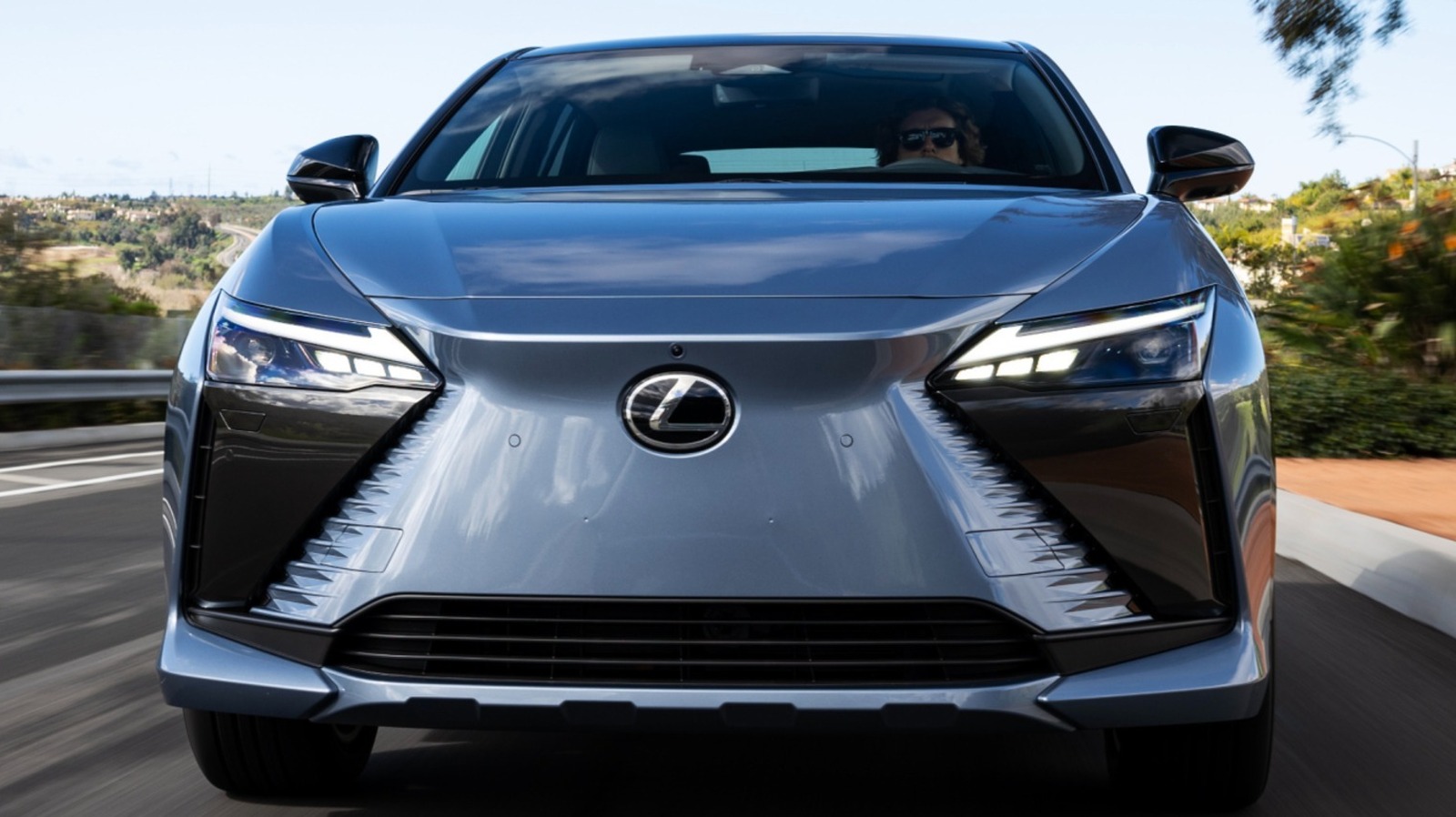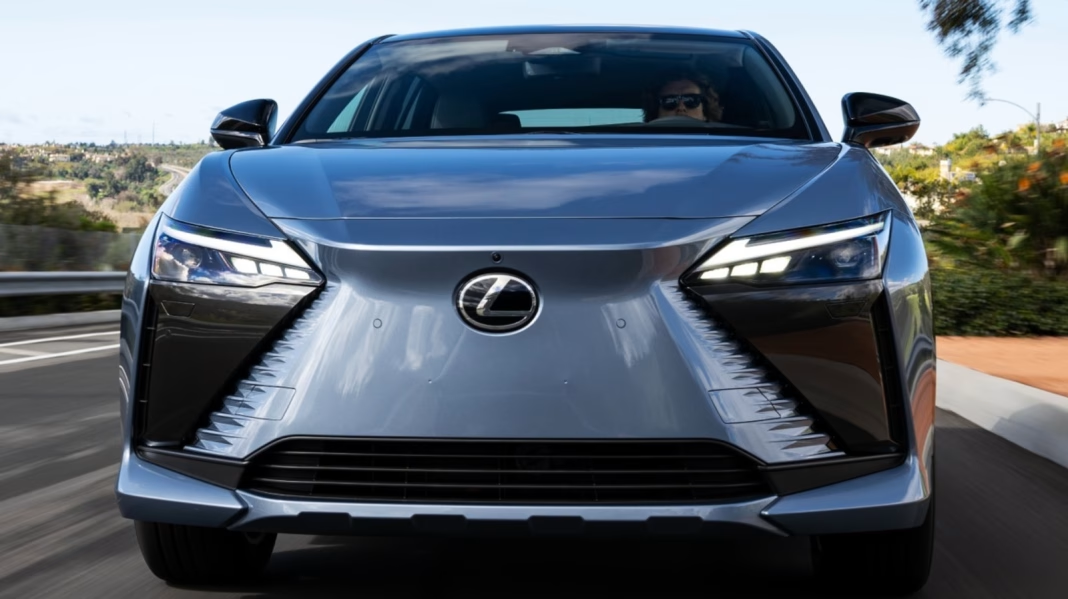Lexus is often synonymous with luxury, comfort, and reliability. Many people dream of owning one of these sleek vehicles, but if you’re considering a Lexus as an investment, it’s crucial to look beyond the brand’s reputation. Not all Lexus models hold their value equally, and some can be a real letdown when it comes time to sell. So, which Lexus model should you be wary of if resale value is a priority for you?
Understanding Resale Value
Resale value is essentially how much a vehicle is worth when you decide to sell it. Factors like brand reputation, demand, and overall reliability play significant roles in determining this value. Luxury brands like Lexus often fare well in this department, but there are exceptions. A model that depreciates quickly can leave you with a significant financial loss down the line.
The Lexus Model with the Worst Resale Value
When it comes to Lexus, the model that stands out for its poor resale value is the Lexus ES. While it offers a smooth ride and a plush interior, it tends to lose value faster than its competitors. According to industry reports, the ES can depreciate by as much as 50% in the first five years. This rapid depreciation can be surprising for those who associate the Lexus name with long-term value retention.
Why Does the ES Depreciate So Much?
Several factors contribute to the ES’s lackluster resale value. First, the luxury sedan market is highly competitive, with many brands offering similar features and performance. As newer models enter the market, older ones, including the ES, can quickly lose their appeal. Additionally, the ES is often seen as a more traditional choice, which may not resonate with younger buyers looking for sportier or more tech-savvy options.
Another reason for its depreciation is the perception of luxury vehicles. While Lexus is a respected brand, some consumers may opt for more popular luxury names like BMW or Mercedes-Benz when looking for a used car. This shift in consumer preference can lead to a surplus of ES models on the market, driving prices down.
Real-World Implications
If you’re considering purchasing a Lexus ES, it’s essential to weigh the pros and cons carefully. While you might enjoy the luxury and comfort it offers during your ownership, be prepared for the potential financial hit when it’s time to sell. On the flip side, if you’re looking for a used luxury vehicle, the ES could be a bargain due to its lower resale price.
For those who prioritize resale value, exploring other Lexus models, like the RX or NX, might be a better option. These models tend to hold their value better and are often in higher demand in the used car market.
Making Informed Decisions
When it comes to buying a car, knowledge is power. Understanding which models depreciate faster can help you make a more informed decision. If you’re set on a Lexus, consider researching models with better resale value or even looking into certified pre-owned options that come with warranties and additional benefits.
The big takeaway? Lexus isn’t just about luxury; it’s about making smart choices. If you’re eyeing that ES, think about how it fits into your long-term plans. Start with one change this week—maybe explore other models or check out the used market—and you’ll likely spot the difference by month’s end.


